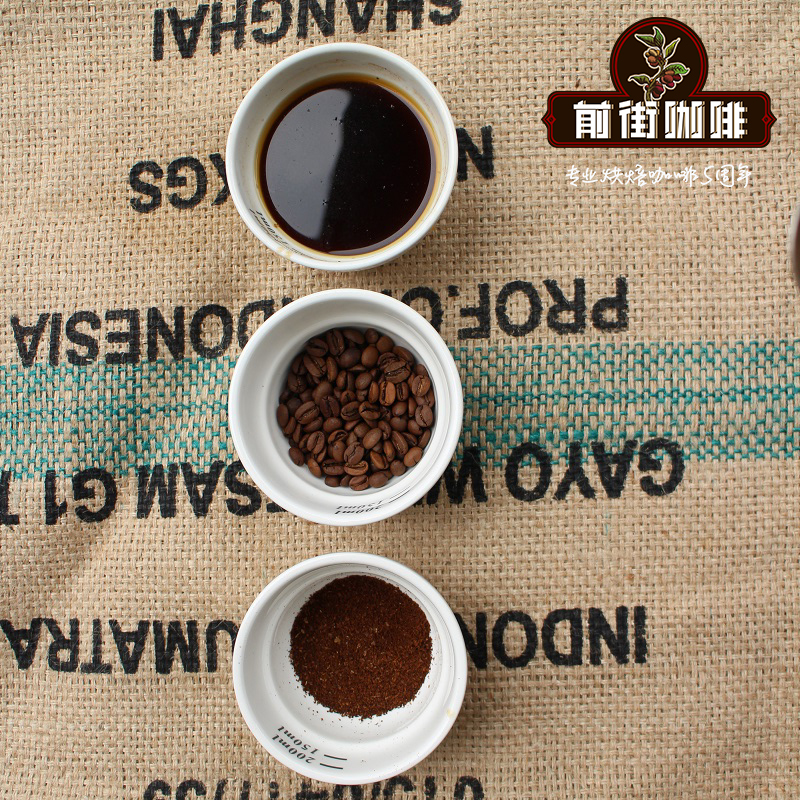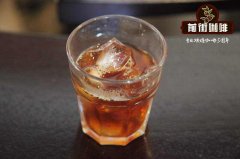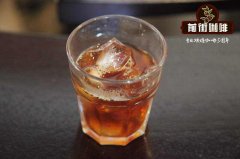The characteristics of single mocha coffee beans suggestions on how to make Yemeni coffee

Professional coffee knowledge exchange more coffee bean information please follow the coffee workshop (Wechat official account cafe_style)
Mocha gets its name from the famous port of Mocha. Transportation in East Africa was very underdeveloped in the 15th century, but it produced the world's most precious coffee beans, which were gathered in the Yemeni port of Mocha and shipped to Europe. Today, the port of Mocha has retreated inland due to the accumulation of mud, while emerging ports, including Mombasa, Durban and other ports, have replaced the port of Mocha, but the origin of mocha coffee has remained during the period of the port of Mocha. the coffee beans produced in these areas are still called mocha coffee beans.
Mocha beans are so popular because of their rich taste. Aromas of red wine, wild game, dried fruit, blueberries, grapes, cinnamon, tobacco, sweet spices, log, and even chocolate. Europeans like mocha coffee very much and have always regarded it as a consumptive luxury.
Mocha coffee, with its rich flavor and mellow flavor, has always been a popular after-dinner coffee for consumers. Together with the coffee produced in Brazil and Colombia, it is the three swordsmen who have been chosen as blended coffee. The acidity, aroma and mellowness of mocha hot coffee, mixed with the sweetness of warm fresh milk and chocolate syrup, are very suitable for women and people who are afraid of heavy caffeine.
Mocha coffee beans
The earliest mocha refers to a kind of coffee beans exported from the Yemeni port of Mocha. It is the most sour kind of coffee.
Origin: Africa, Ethiopia (Ethiopia)
Baking method: medium baking
Flavor characteristics: taste-slightly sweet with soft acidity, sweetness has its unique round ripe taste, its unique sweet, sour, bitter taste is extremely elegant.
Aroma-strong aromas of fruit and grass.
Cooking suggestions:
Powder / water ratio 1:15, water temperature 91 °, medium grinding thick and thin kono filter cup
Stew with 30g water for 30s, the second stage water injection to 120g water cut off, when the water level is about to expose the powder bed, then water injection to 220g, extraction time to 2 minutes immediately remove the filter cup, not at the end.
Flavor characteristics: taste-slightly sweet with soft acidity, sweetness has its unique round ripe taste, its unique sweet, sour, bitter taste is extremely elegant.
Aroma-strong aromas of fruit and grass.
Important Notice :
前街咖啡 FrontStreet Coffee has moved to new addredd:
FrontStreet Coffee Address: 315,Donghua East Road,GuangZhou
Tel:020 38364473
- Prev

The most representative coffee in Yemen-mocha coffee the taste of Yemeni mocha coffee beans
For more information on coffee beans, please follow the coffee workshop (Wechat official account cafe_style) Yemen, the birthplace of the coffee words "mocha" and "Arabica". Local farmers adopt the concept of free-range coffee cultivation, coffee berries grow naturally on trees, do not use any artificial fertilizers or pesticides, and are moisturized by a small amount of rain and fog on the hillside in summer.
- Next

Is Mexican coffee famous? what is the flavor and taste of Mexican coffee beans?
Professional coffee knowledge exchange more coffee bean information follow the coffee workshop (Wechat official account cafe_style) some people think that the best giant coffee beans are produced in Mexico rather than Guatemala, but the supply and quality of coffee beans can change in both places. The coffee beans, known as Maragogype, have large granules, and the coffee produced is smooth, mellow and fragrant.
Related
- Beginners will see the "Coffee pull flower" guide!
- What is the difference between ice blog purified milk and ordinary milk coffee?
- Why is the Philippines the largest producer of crops in Liberia?
- For coffee extraction, should the fine powder be retained?
- How does extracted espresso fill pressed powder? How much strength does it take to press the powder?
- How to make jasmine cold extract coffee? Is the jasmine + latte good?
- Will this little toy really make the coffee taste better? How does Lily Drip affect coffee extraction?
- Will the action of slapping the filter cup also affect coffee extraction?
- What's the difference between powder-to-water ratio and powder-to-liquid ratio?
- What is the Ethiopian local species? What does it have to do with Heirloom native species?

